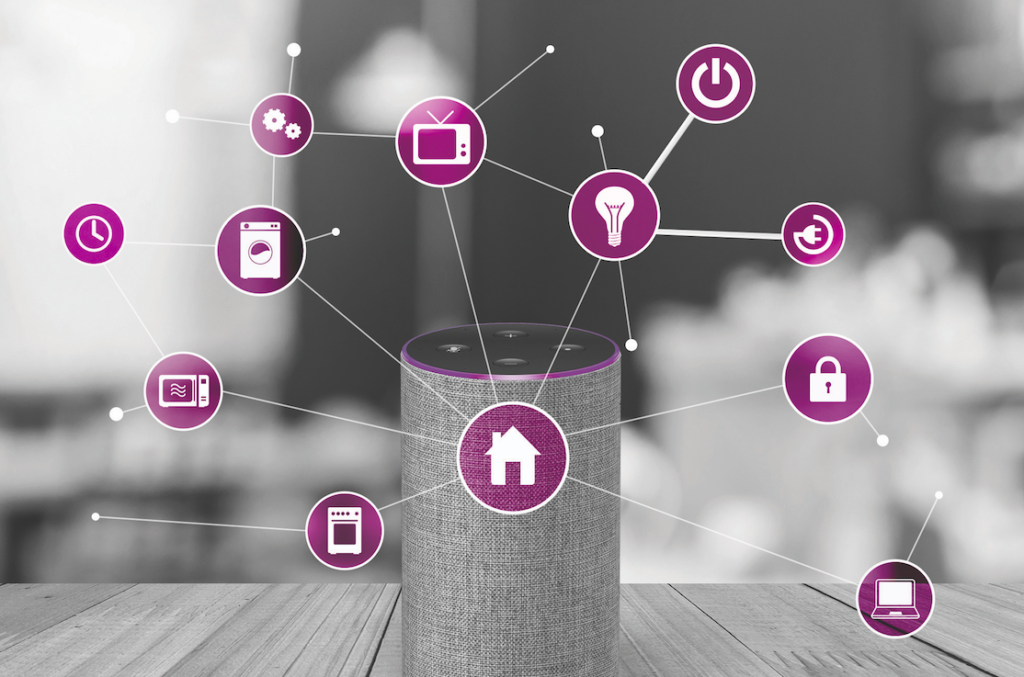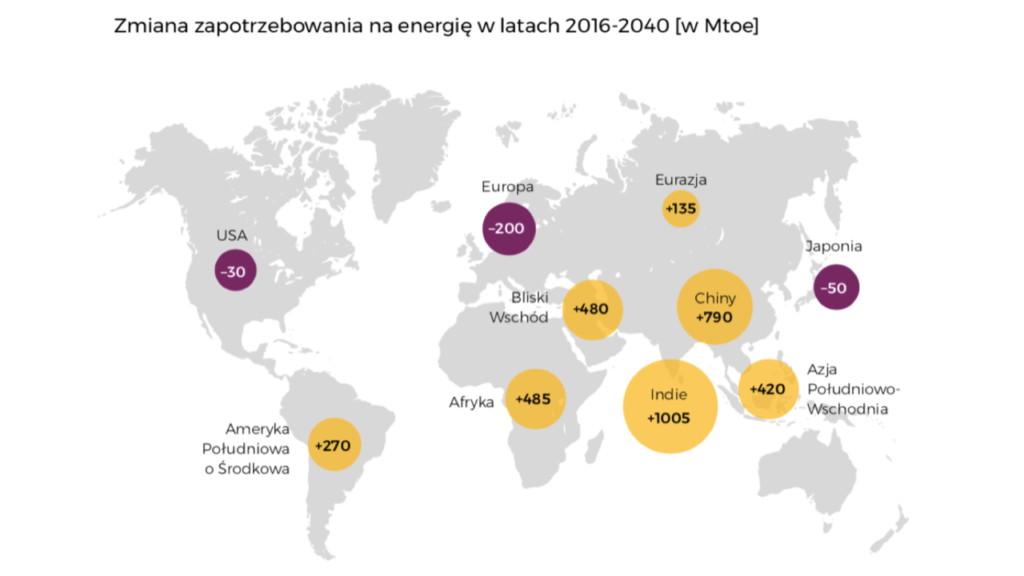Smart Living
The smart living area is a very broad concept, which includes categories related to intelligent management and functioning in the city (smart city), working (smart workplace), movement (smart transport), home (smart home).

Smart living development factors
We are observing the dynamically developing Smart Living trend. In our Report, we have defined a number of factors that affect this. As we have already noted in the introduction, technologies, and thus the wide availability of technologies such as Internet of Things, Artificial Intelligence, 5G Internet are not the only aspect of Smart living; they constitute just one of the factors of change.
The crisis in 2008 caused changes in social attitudes. We are increasingly aware of the limited energy resources, we want to save energy both because of the home budget and because of our planet. We are increasingly observing the need for sustainable development. Technologies in the area of smart home, smart city or smart workplace come to our aid in the face of the growing desire to control our security or popularize on demand services.
Challenges
The further development of smart living will have to face many challenges, including mental barriers to the use of such solutions, ensuring cyber security, and increasing demand for electricity.
Global demand for electricity is increasing every year. The International Energy Agency (IEA) analysts estimate that by 2040, it will increase by 30%, pointing to several key factors behind these forecasts. First of all, the global economy is growing by an average of 3.4% per year. The population is also growing and in 2040 it will exceed 9 billion (currently 7.4 billion). The urbanization process is clearly progressing; 55% of the world’s population lives in urban areas, according to forecasts, this percentage will rise to 68% by 2050, which will give another 2.5 billion city residents. Millions of households are purchasing more equipment and installing cooling systems.

Methodological note
The project involved a multi-stage research process. It consisted of:
Qualitative interviews – were conducted with nine experts specializing in energy and broadly understood aspects of smart living, including: smart home, smart city, smart transport.
Environmental scanning – an analysis the purpose of which was to look for signals of changes in various areas of society functioning.
Questionnaire survey – it was carried out using the CAWI (Computer-Assisted Web Interview) method. Opinions were collected from 1287 Internet users. The survey was carried out in September 2018. The structure of the sample of Internet users was corrected using an analytical weight and corresponds to the structure of Polish Internet users aged 15 and over in terms of gender, age and hometown population size. Only complete surveys were included in the analysis.

Creative workshops – based on innovation games – were attended by 13 people who declared to be interested in the subject and were representatives of various fields and industries. They included, among others, a psychologist, architects, developers, and representatives of an energy company, administration, marketing department, cultural institutions and new technologies.
Workshops: Smart living
We invite you to workshops consisting of 2 modules:
-
Module 1: Inspirational presentation (conclusions from the report in a nutshell),
-
Module 2: Working out the consequences of the trends presented for your business.
Workshop outcome:
- specific business concepts in response to selected trends,
knowledge of the most important social, technological and economic trends in the context of smart living.


